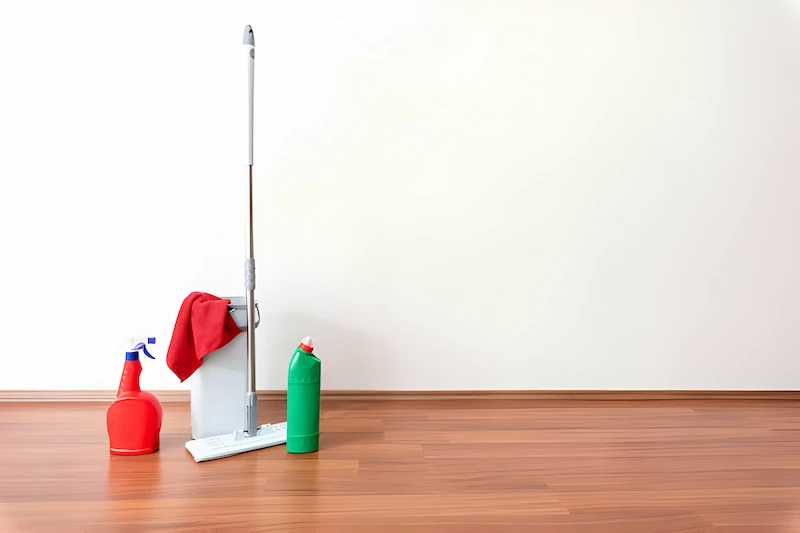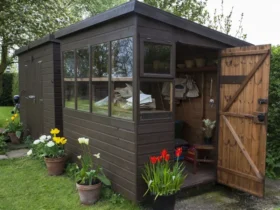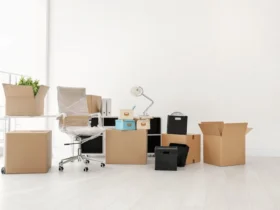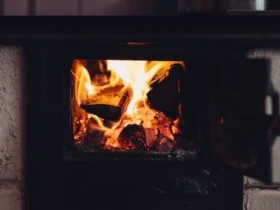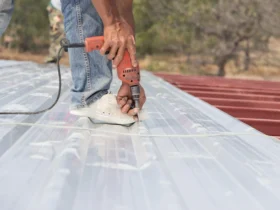It’s no secret that buyers and homeowners love hardwood flooring. Research shows that hardwood flooring makes 77% of homeowners get a greater enjoyment out of their homes than other flooring options.
The only drawback? Hardwood floors do need serious maintenance if you want them to remain like new. They’re susceptible to scratching, warping, stains, and other problems that can reduce their beauty and value.
Before you break out your cleaning supplies and get to work, we need to talk about bleach on wood floors. Is it okay to use this harsh cleaner on wood flooring? Read on to find out.
Why Clean with Bleach?
When it comes to killing germs, viruses, and even mold, bleach is a strong contender. Bleach-based wipes make handy tools for high-touch areas like doorknobs as well as high-germ appliances like toilets. You’re also going to find bleach in a lot of laundry rooms because of its ability to fight tough stains like red wine, chocolate, and even blood.
Because bleach is so powerful, some new homeowners assume that it’s the cleaner to top all cleaners. However, it’s not always your best choice. Because it’s such a harsh and caustic chemical cleaner, it can do damage to porous, hard surfaces like wood flooring.
Can You Use Bleach on Wood Floors?
You can use bleach on ceramic tiles, vinyl, and linoleum. It’s not your best choice for wood, with the exception of wood surfaces sealed for exterior use. If you’re in a pinch and need to use bleach on your wood floors, make sure to follow these steps.
Step One: Dilute Bleach
Pure, undiluted bleach can weaken the chemical structure of wooden floor boards and cause spots of discoloration. Always make sure to dilute your bleach at a ratio of one-third cup per gallon of water. Combine the two in a large bucket, wearing gloves and eye protection while handling the undiluted bleach.
Step Two: Remove Dirt and Debris
Before you start mopping wood floors, you should always remove dust and debris. That way, you’re not spreading small particles back and forth with your mop, which could scratch the finish of the wood and make it more vulnerable to bleach stains. A broom or vacuum will do the trick.
Step Three: Mop
If you’ve never used diluted bleach on your wood floors before, we do recommend doing a small patch test to make sure the bleach doesn’t cause discoloration. Use a mop to apply the solution to the floors and allow it to sit for no more than six minutes. Because this is fast work, you should clean your wood floors in sections.
Step Four: Rinse and Dry
After six minutes, rinse away all bleach using warm water. You can do this with a separate mop head, a large rag, or a sponge. Once you’ve rinsed away the bleach, turn on fans, open the windows, and keep kids and pets clear of the area while the room ventilates and the floor air drys.
Are There Alternatives to Bleach?
Bleach may be your go-to for most areas of the home, but that doesn’t mean it’s your only option for wood floors. In fact, you’ve got plenty of other cleaning supplies to choose from that don’t come with the same level of risk. Let’s take a look at bleach alternatives based on your cleaning goals.
Killing Germs
If your goal is to disinfect surfaces, you’re going to want to opt for a non-bleach store-bought disinfectant. Keep in mind that while household products like vinegar and lemon juice are great antibacterial cleaning agents, they do not kill viruses.
Brands like Lysol and Clorox make bleach-free cleaning sprays (like Clorox Free & Clear) that will do the trick. Always follow manufacturer instructions when using store-bought cleaning supplies and provide adequate ventilation.
Removing Grease and Sticky Residue
If you have grease caked onto your hardwood floor, you’re going to need a cleaning agent that can start to break it down. Dish soap is the perfect contender that also happens to have no negative impact on wood floors. Mix a few drops of dish soap in hot water to create suds and use a clean cloth and some elbow grease to lift that grease away.
For sticky residue, grab a sponge (or, better yet, a Magic Eraser) and a bowl. Combine four parts water with one part distilled white vinegar. Use the sponge to scrub the mixture into the residue until it breaks down and you can wipe it away.
Cleaning Spills and Stains
If you act fast enough, you can often clean up spills on hardwood floors with a clean cloth, water, and dish soap. If the spill has started to stain the floor, you’ll need to take a few extra steps.
One great option is to dip a clean cloth in distilled white vinegar and blot the stain until it starts to lift. Then, wipe away any remaining vinegar. Vinegar is a great choice for things like pet accidents because it neutralizes odors (and that astringent vinegar smell fades fast).
You may like – The Pros and Cons of Sliding vs French Doors for Your Patio
What If Wood Floors Have Bleach Stains?
Maybe you’re here because you already used bleach on your wood floors and now you’re staring at some serious bleach stains. If so, it’s time to invest in profesional hardwood solutions.
You can’t wipe away bleach stains because they’re really more like an absence of color. To disguise them, you’ll need to refinish the affected areas, applying both a stain that matches the rest of your hardwood and a sealant.
Use Caution with Harsh Cleaners
Hardwood floors are some of the most coveted amongst homeowners, and for good reason. They’re beautiful, timeless, and simple to clean once you know what to do. Rather than using bleach on wood floors, consider some of the alternatives we’ve suggested here and work with professionals as needed.
Are you looking for more ways to become the best homemaker in the whole neighborhood? Take a look at our home and garden section as we discuss DIY hacks, value-add upgrades, safe cleaning solutions, and beyond.


